How local female politicians are keeping Tunisian democracy alive
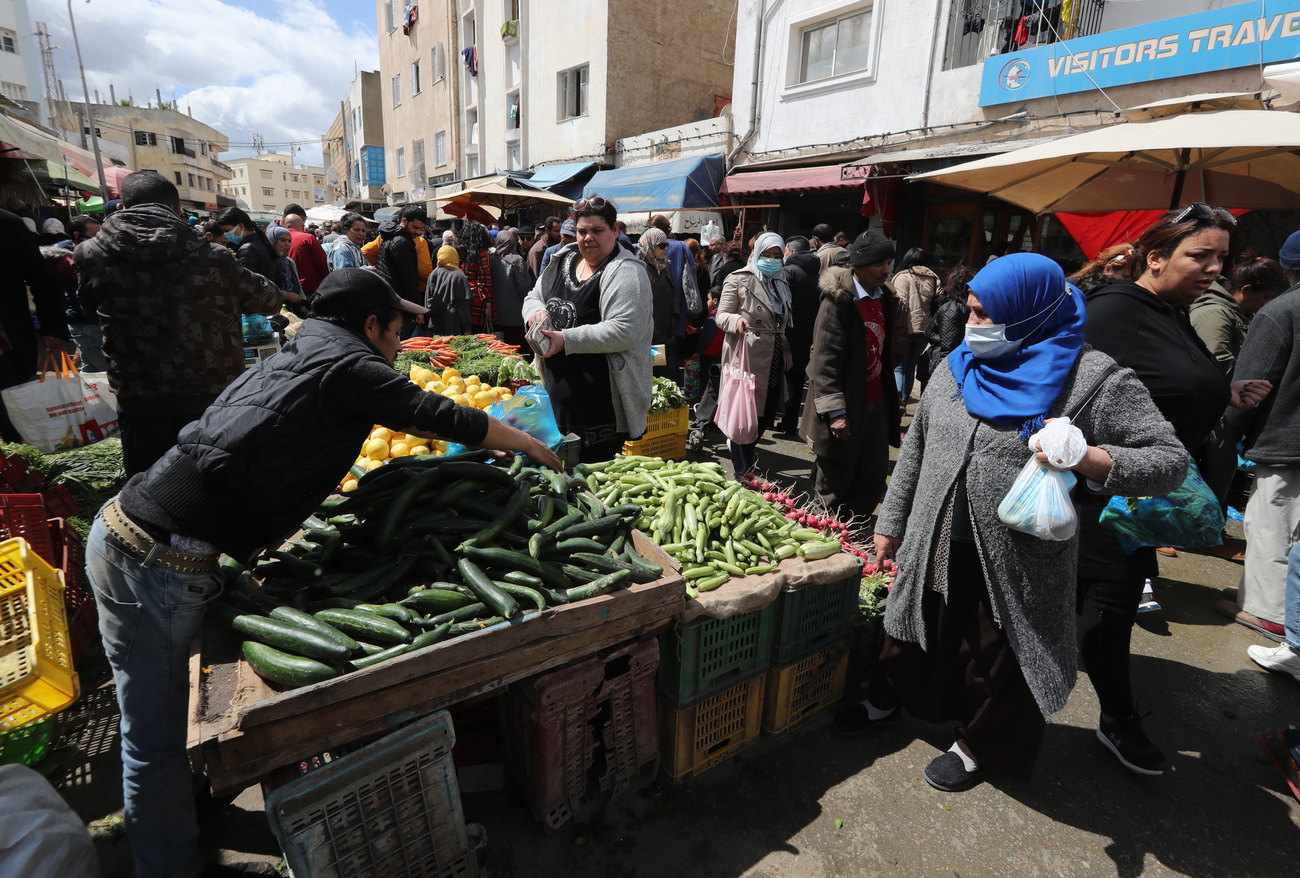
President Kaïs Saïed is in the process of wiping out hard-won democratic rights in Tunisia. Little evidence survives of Switzerland’s efforts to support the country on its path to democracy – apart, perhaps, from the courage of women politicians who are refusing to back down.
Tunisia, in the words of regional expert Monica Marks, is a country in decline. In a recent paperExternal link, Marks describes “an ex-democracy unmoored from any semblance of constitutional order, hurtling down Saied’s freeway in the direction of consolidated authoritarianism.”
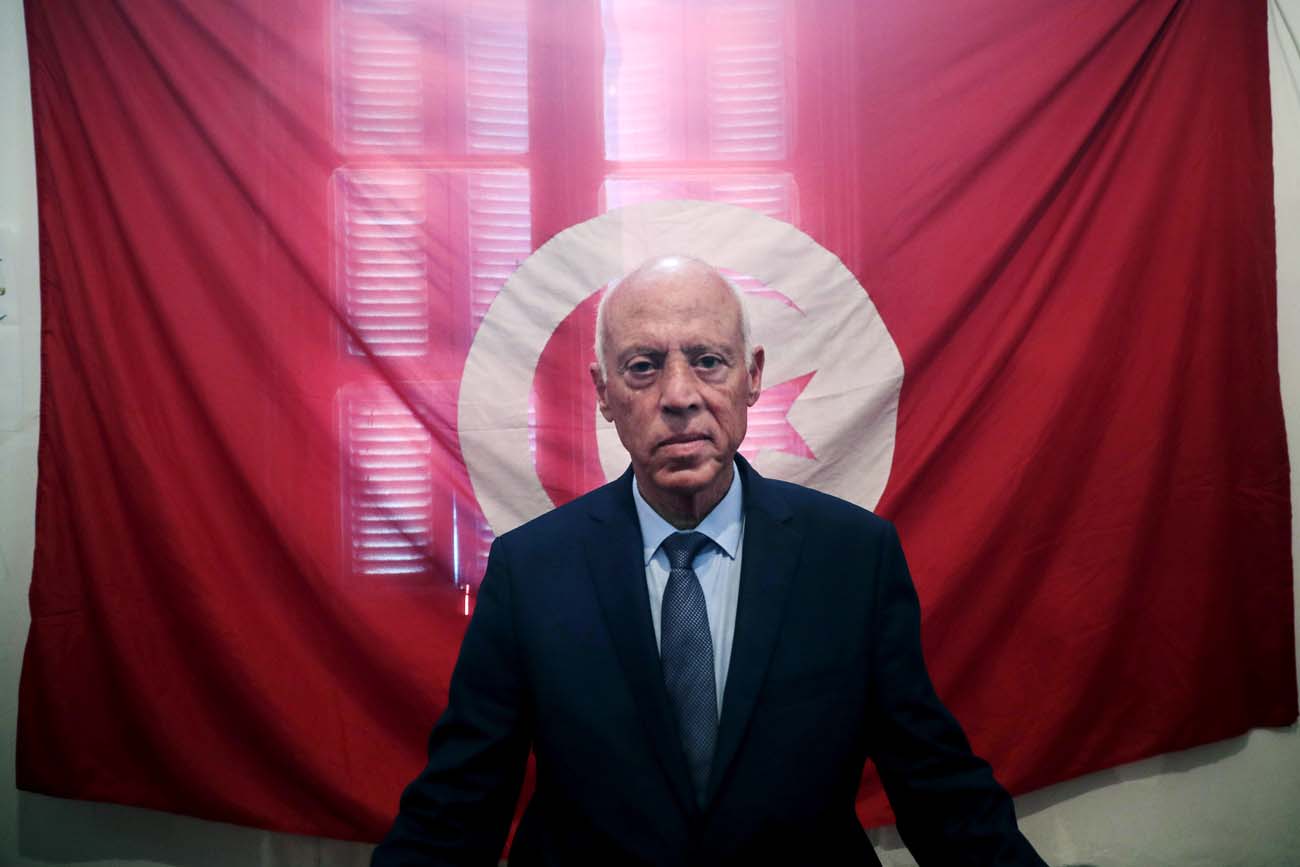
After the Arab Spring and the removal of the hardliner Ben Ali, who ruled the North African nation for over two decades, Tunisia was considered a particularly promising young democracy. The country was at the origin of the revolt that began in 2011 and the only one in the region to undergo a real transformation afterwards.
But now hopes are fading. At the end of March, President Saïed dissolved parliament, which had previously attempted to stop him from ruling alone by decree – something the head of state has been doing since July 2021. That year, Saïed annulled the 2014 democratic constitution. The pandemic was raging at the time, so initially people believed it was the right thing to do to bring the public health crisis under control.
How far the president has since strayed from the rule of law has become evident in recent weeks. He issued arrest warrants for democratically elected lawmakers he saw as uncooperative, accusing them of building a “criminal organisation”. At the end of April, he ousted the electoral commission and replaced its members with hand-picked representatives.
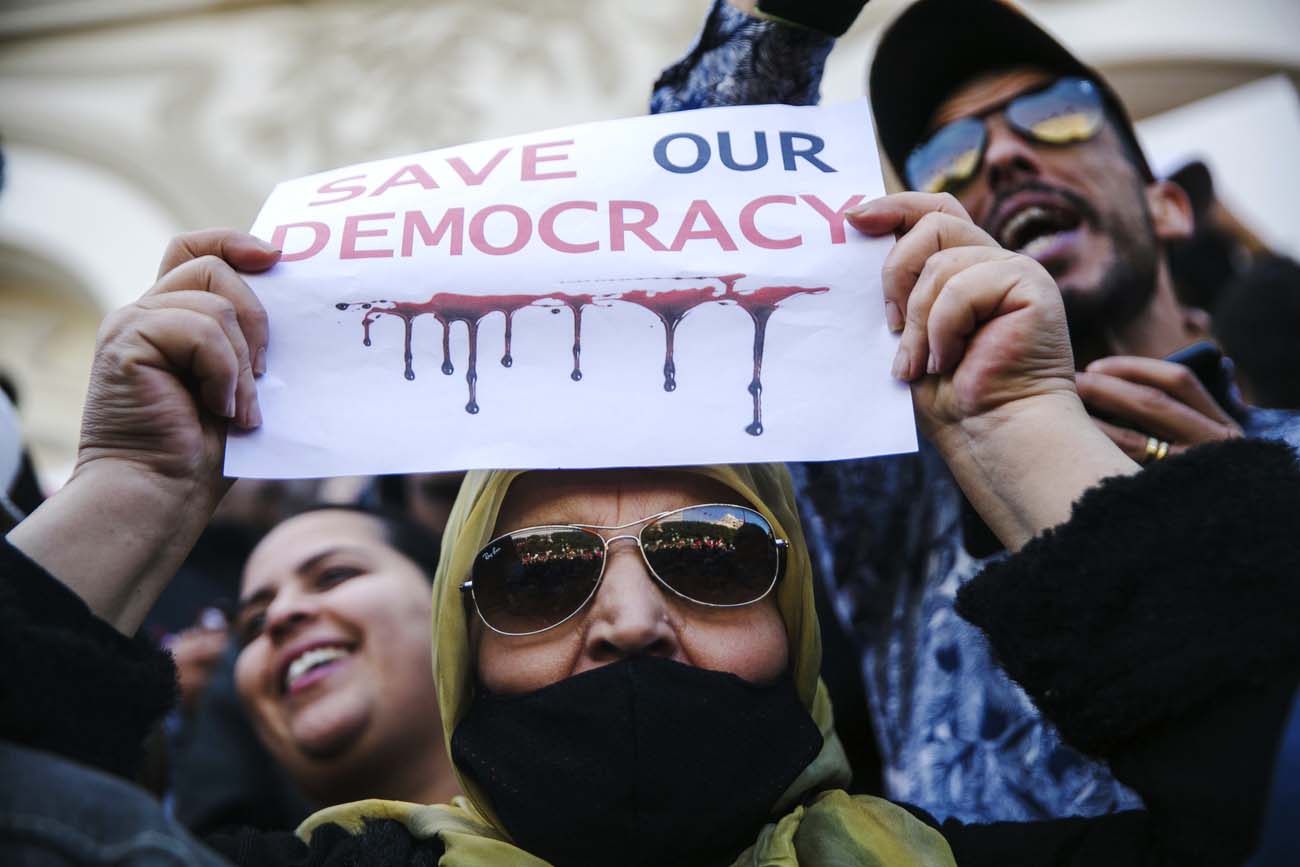
By doing this, Saïed can stand by his promise of holding elections in December. Hardly any parties or candidates who oppose him will stand. It has taken the president less than a year’s time to turn a democracy into an autocracy. Even before the drastic steps taken this spring, Tunisia had sunk 21 places in The Economist magazine’s 2021 democracy rankings.
Swiss commitment to democracy in Tunisia
Since the political upheavals of 2011 set a transition process in motion in North Africa, Switzerland has been involved in several projects in the region, all with the goal of promoting democracy, in line with the Swiss constitution. It allocated CHF4.1 million ($4.26 million) to support the implementation of elections, including the parliamentary and presidential elections that propelled Saïed to office with an overwhelming majority in 2019. The former professor of constitutional law was elected because he promised to tackle corruption and voters believed him.
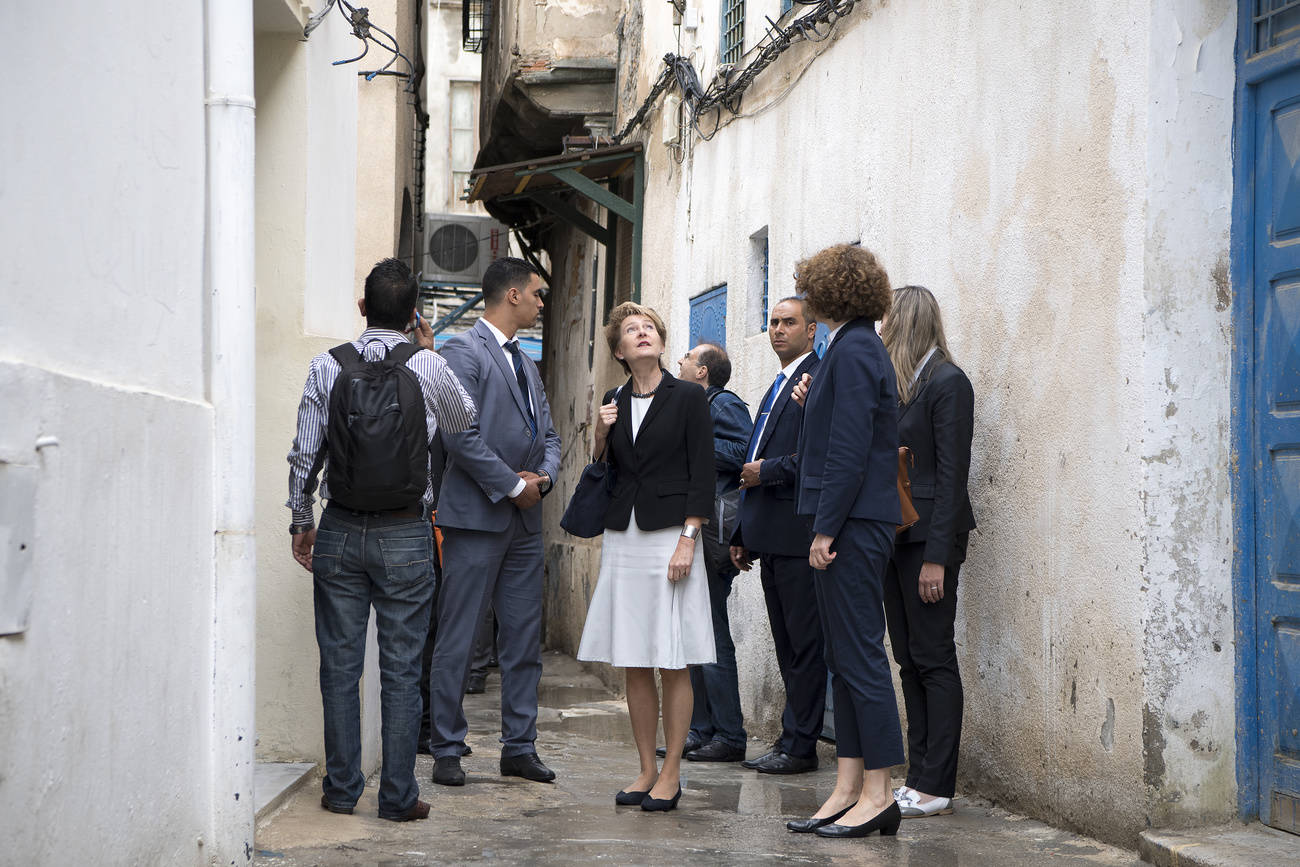
One focus of Switzerland’s CHF170-million commitment in Tunisia was to strengthen the engagement of women in politics. Things got off to a good start. Tunisia had pushed through a strict 50% quota for women running in municipal elections. Of more than 53,000 candidates in 2018, half were women.
Today, four years after the first free municipal elections in the Arab world, it is not just the broader picture that is sobering. The women who were elected to office at the local level have faced difficulties cementing their achievements.
In 2018, Hayet Hlimi was the leading candidate for the Front Populaire, an alliance of left-wing parties, in the city of Kasserine, the capital city of the governorate of the same name, located in west-central Tunisia. Hlimi won a seat on the local council for her home district, Cité Ennour, the city’s poorest area. The council comprises 24 members, ten of whom – including the mayor of the municipality – are women.
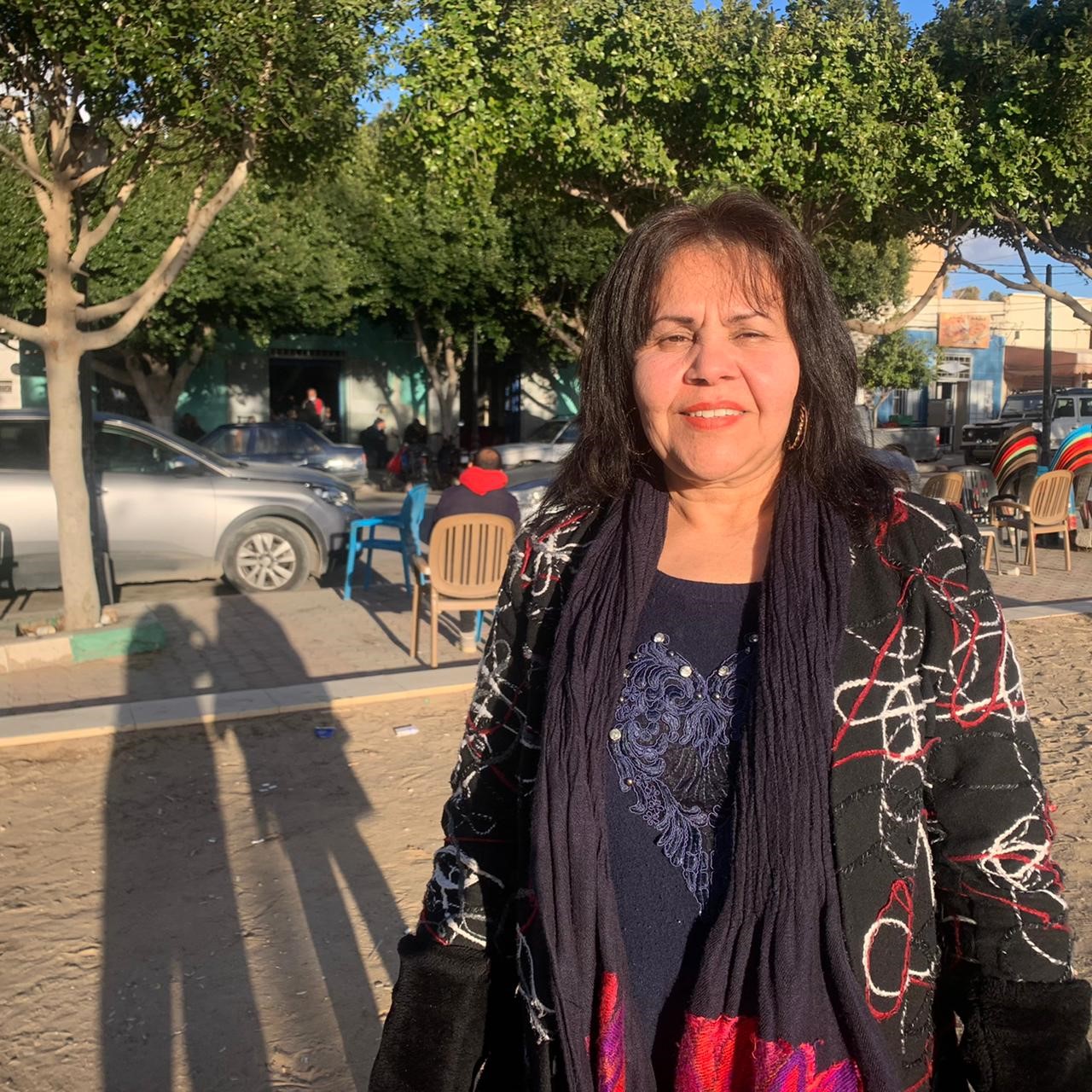
Kasserine itself is one of the country’s poorest regions. With an unemployment rate of more than 45%, it has become emblematic of the social divide between the richer coastal areas and the poorer centre. The region suffered neglect, corruption and police violence under the former president Ben Ali. When he finally left office, the people of Kasserine were euphoric. But the promises to make amends that came later have largely been broken. The region has not benefited from development or prosperity.
Hlimi says she was a target of attacks by men from the very first council meeting she attended. They described her as “a bad seed who will infect everyone.” In the minds of her critics, she interfered too much in everything.
“They said I was in the wrong place and abandoning my home and children,” she says. “But I kept studying all the files.”
She examined the city administration dossiers one after the other. “As members of the city council, we don’t have much room for manoeuvre”, says Hlimi, “but we keep denouncing corruption and mismanagement in the city government and administration.”
Then came the day when another member of the council slapped her in the face and insulted her in the middle of a meeting. She filed a complaint.
“Of course I have no support from those who should actually protect me”, she says, “but I am not giving in.” Hlimi is still hoping that her attacker will one day be questioned about his act of violence.
Economic abyss
Since her election, Hlimi has filed nine complaints against the city government and administration and earned one small victory: she has managed to get the streets of a district of the city named after well-known Tunisian women. This was her project, and Hlimi is proud of it. But the lustre of that success has worn off as the political climate has taken a dramatic turn for the worse.
Economically, Tunisia is also facing the abyss. The United States has reduced its financial aid and will only pump millions into the country again if President Saïed gets back on the path to democracy. The European Union so far has refrained from taking similar steps – Tunisia is too important a partner on migration and, more recently, as a transit country for Algerian gas being transported to the EU. If Brussels were to impose sanctions on Saïed’s regime, Switzerland would have to decide if it would do the same.
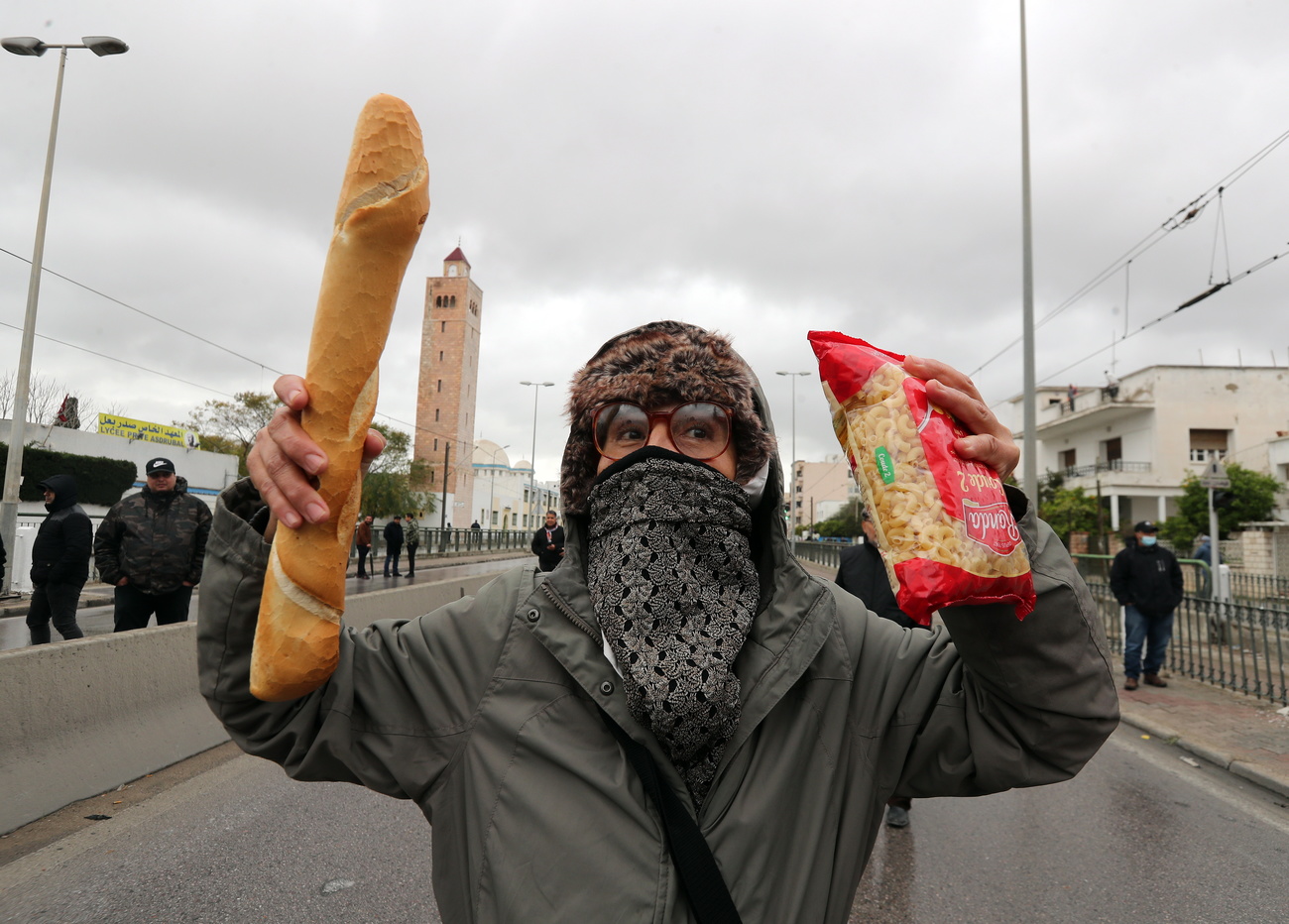
But the North African country is also suffering the consequences of Russia’s invasion of Ukraine. During the pandemic, the wheat price in Tunisia doubled. Now there is a wheat shortage and, along with other basics like crude oil, sugar, cooking oil and medicine, the price has shot up. So far Saïed’s government has used state money to cushion consumers from high bread prices. But that is getting harder to do as inflation hits 8%. Tunisia’s funds are simply no longer sufficient to cover its foreign debt and give the population everything it needs to remain satisfied in the long term. The president has also lost supporters as he has scrapped promised wage increases for public servants and funding for education, infrastructure and healthcare.
The men revolt
In Boughrara, a desert village on Tunisia’s southern coast whose local economy still relies on fishing and agriculture, 25-year-old Dalel Atig has faced challenges similar to Hlimi’s. She was elected the village’s first woman mayor, a historic event that did not go down well with the men used to governing a place steeped in tradition where women stayed hidden inside white-washed mud houses.
“Immediately after I was elected, the older councillors protested by refusing to take part in meetings,” she says.
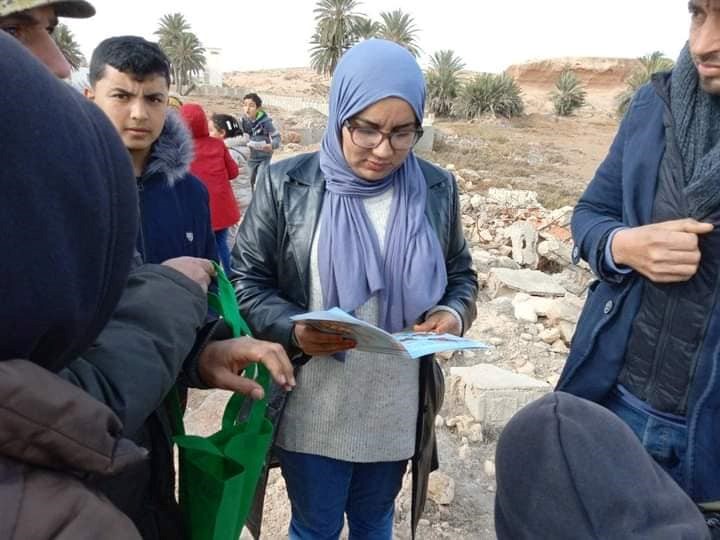
The men found it humiliating to be led by a woman, and a younger woman at that. They organised rival meetings in the café across the road from the municipal administration. City staff officially declared their insubordination to the mayor. But now she has most public servants, lawmakers and citizens on her side, Atig says.
“I broke a taboo and am continuing to challenge clichés about the distribution of labour between men and women,” she says. Her victories include building a family park that is safe for women and moving the weekly market, the souk, to a place that women can access more easily.
The Tunis Revolution
Emna Bouaziz, the mayor of the district of Gremda in Sfax, the second-biggest city in Tunisia, has also experienced rejection. Despite notifying the authorities several times, she continues to receive threats and insults from men on social media who are unhappy to see a woman in charge.
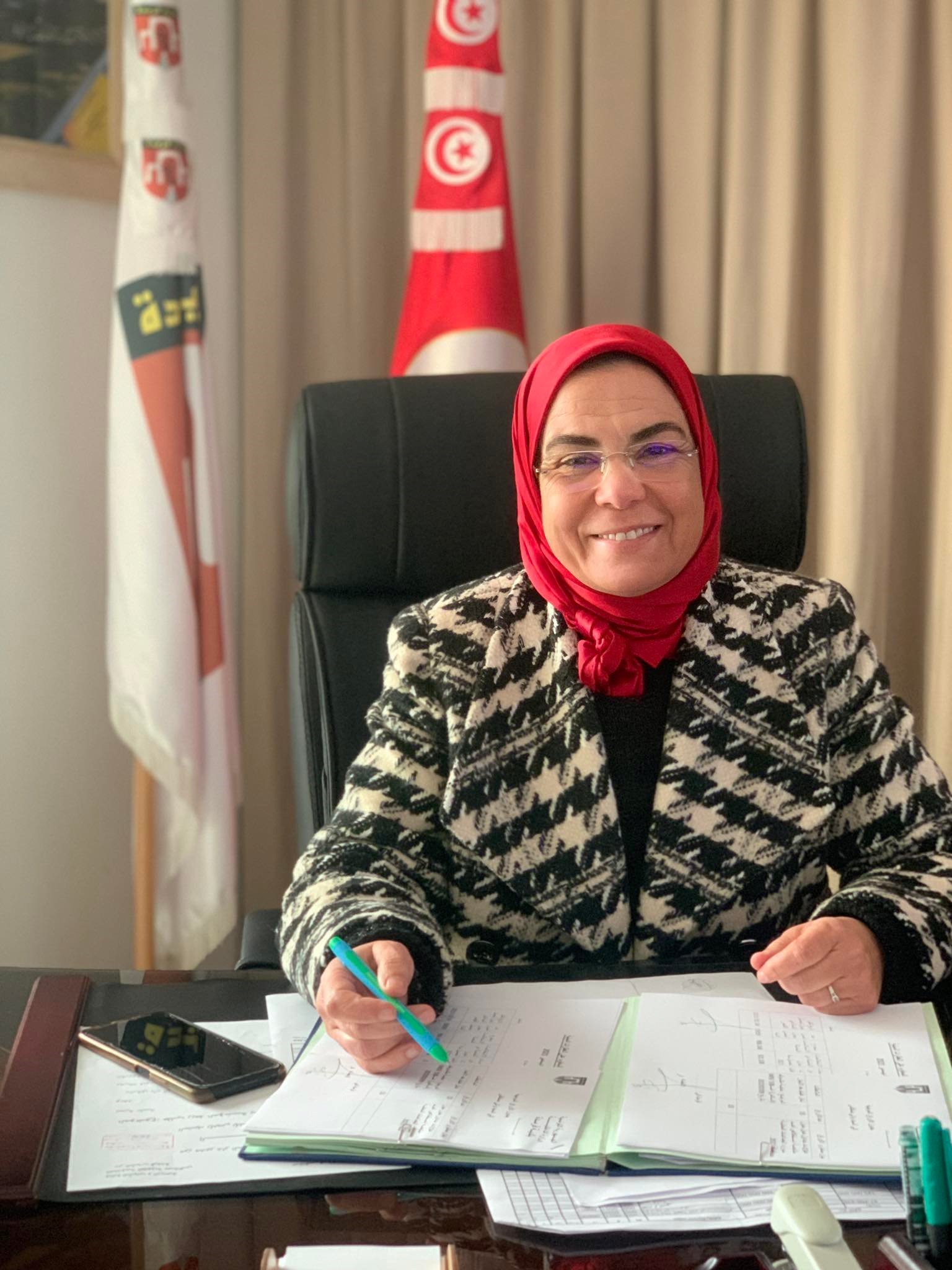
“The authorities aren’t doing anything, despite all the evidence,” Emna says. “They won’t arrest anyone.” That is hurtful, she adds: “It’s not just about me – it’s about the position of women in local politics.”
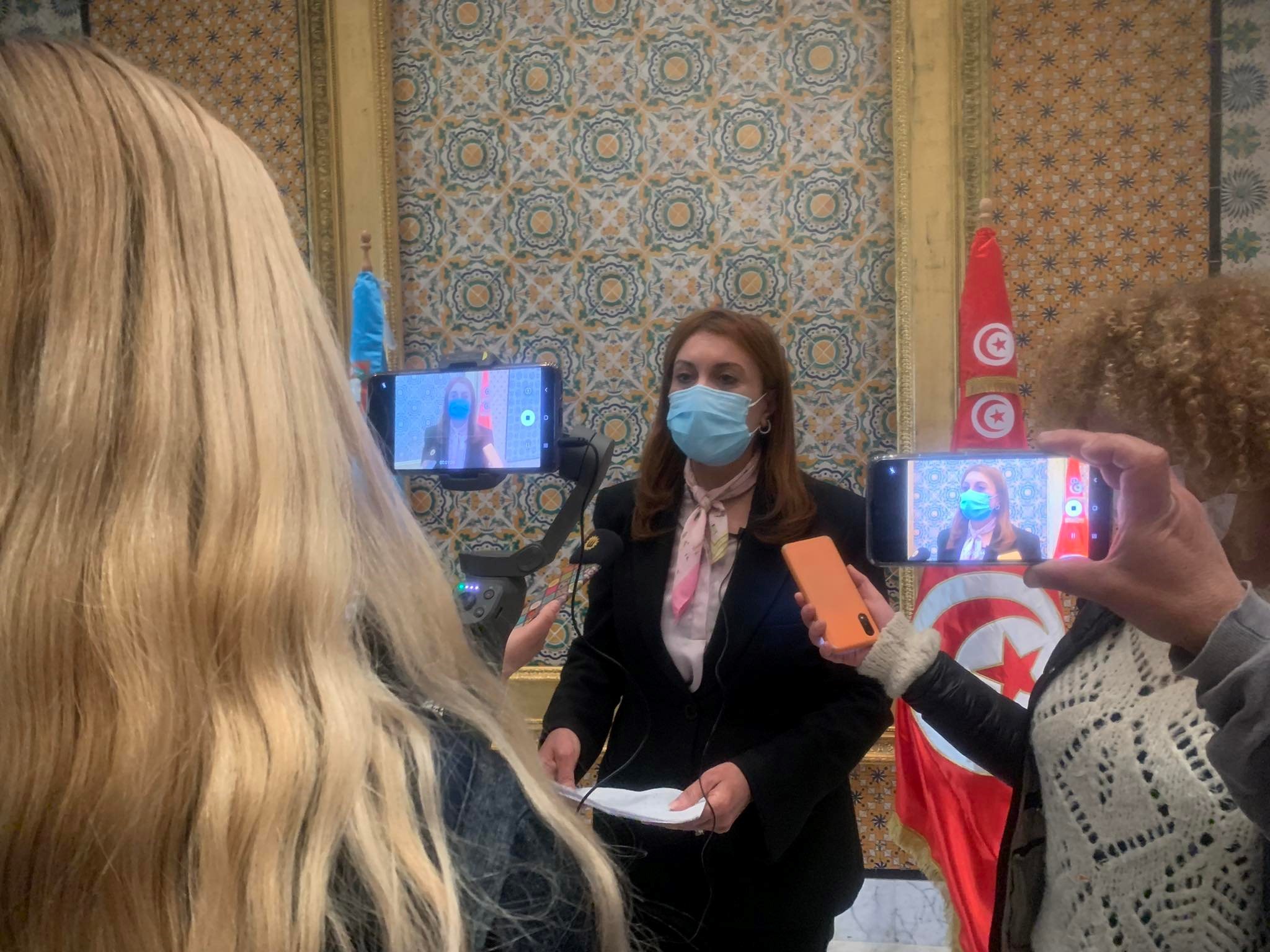
Souad Abderrahim, the mayor of the capital, Tunis, made history with her election in 2018 when she became the first woman sheikh of a medina, or a big city, in the Arab world. Her predecessors in Tunis had always been men from the city’s aristocratic families.
“The only way to respond to all these attacks is with our work,” she says. “And the concrete results that lead to improvements in the everyday life of citizens.”
Adapted from German by Catherine Hickley/gw

In compliance with the JTI standards
More: SWI swissinfo.ch certified by the Journalism Trust Initiative
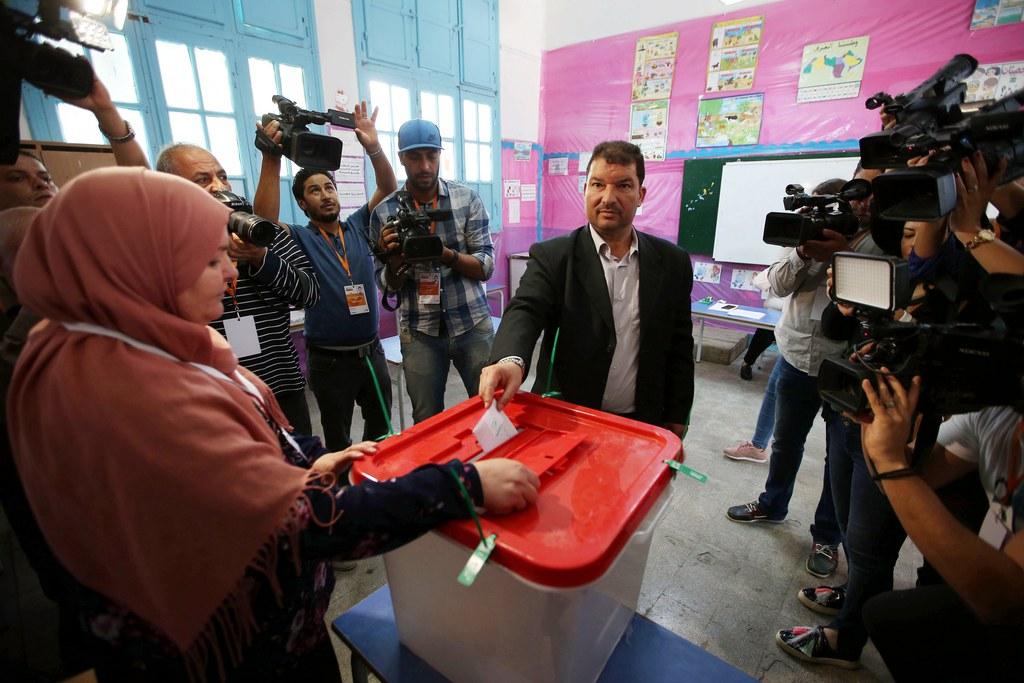
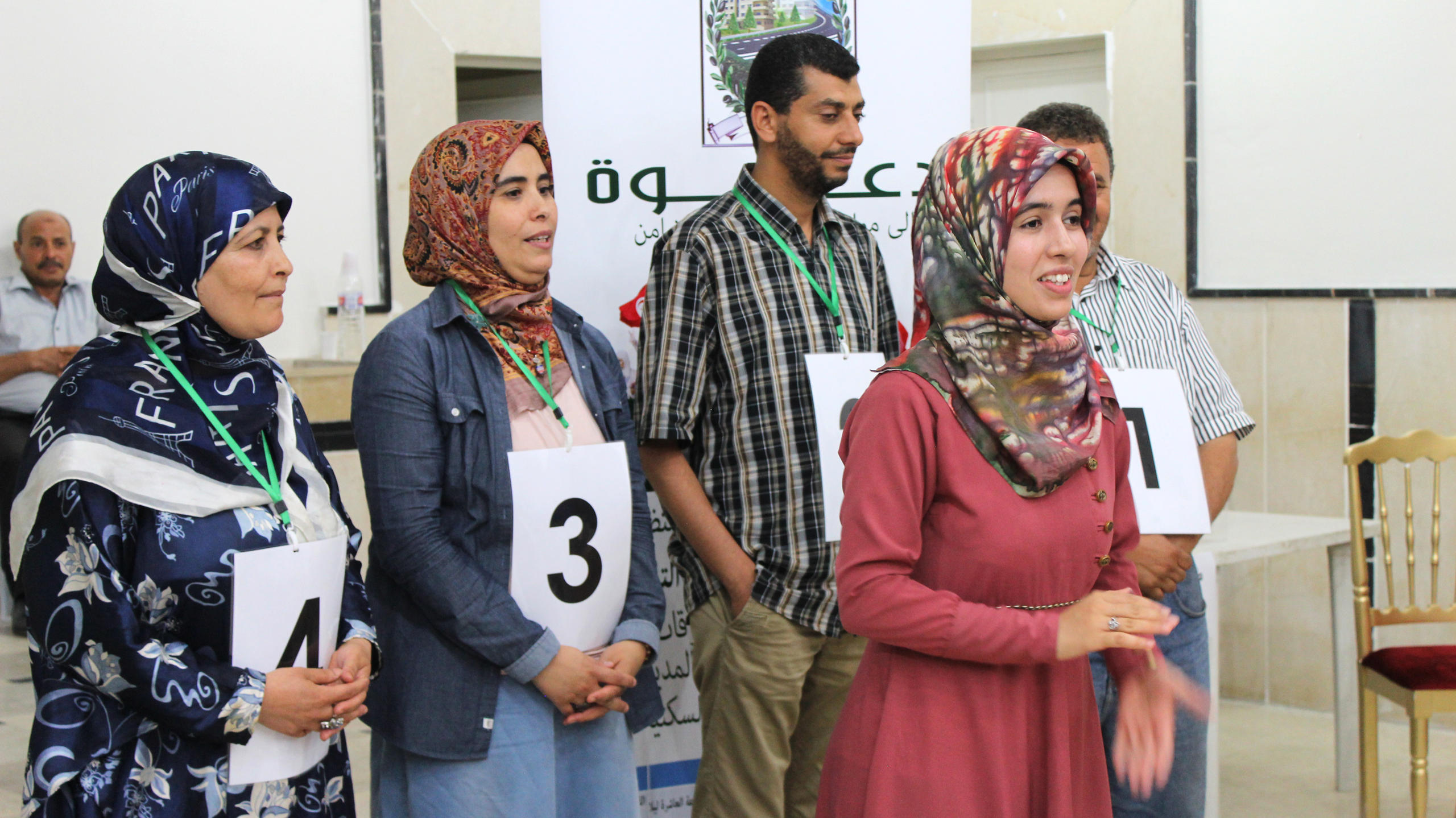
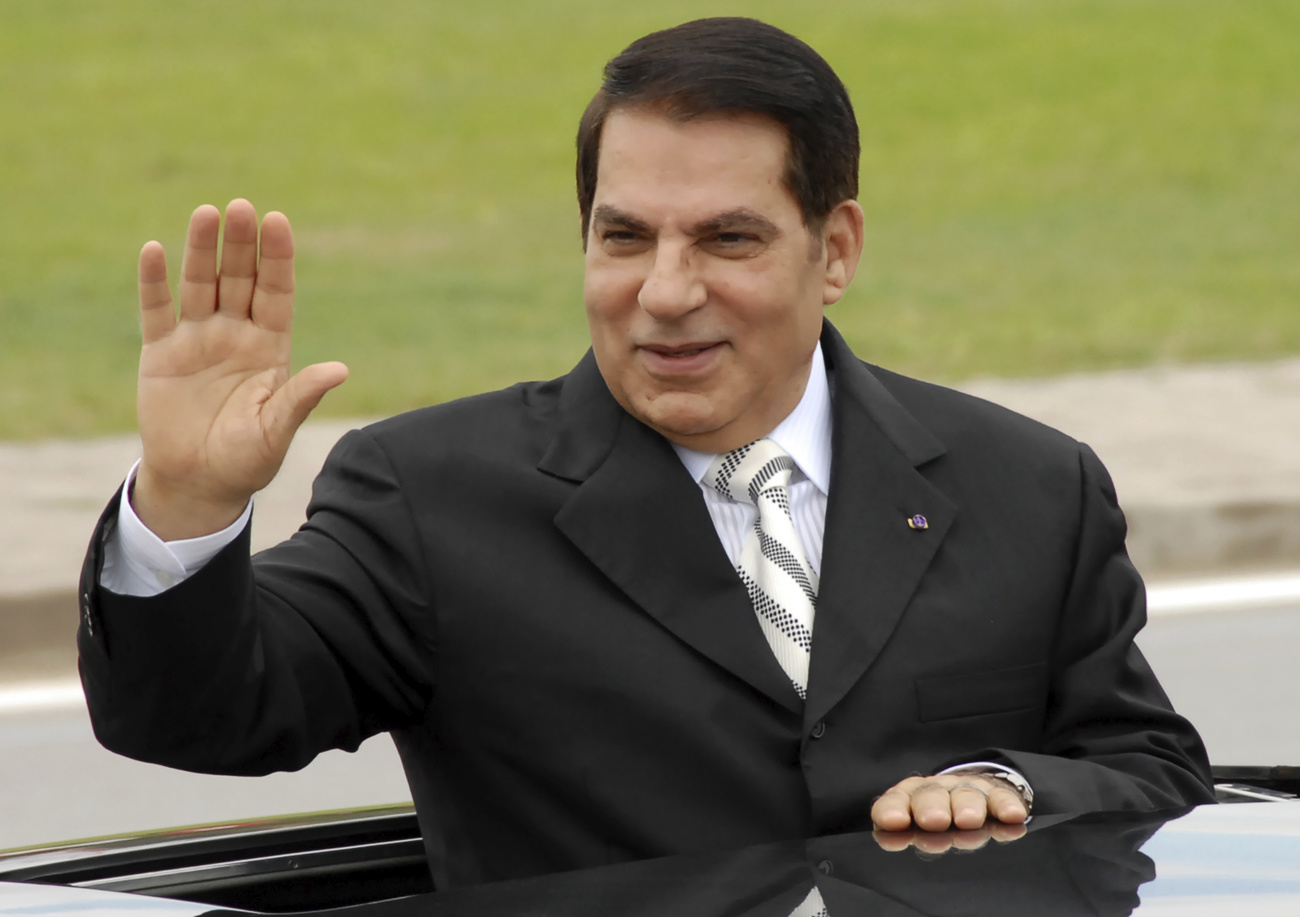
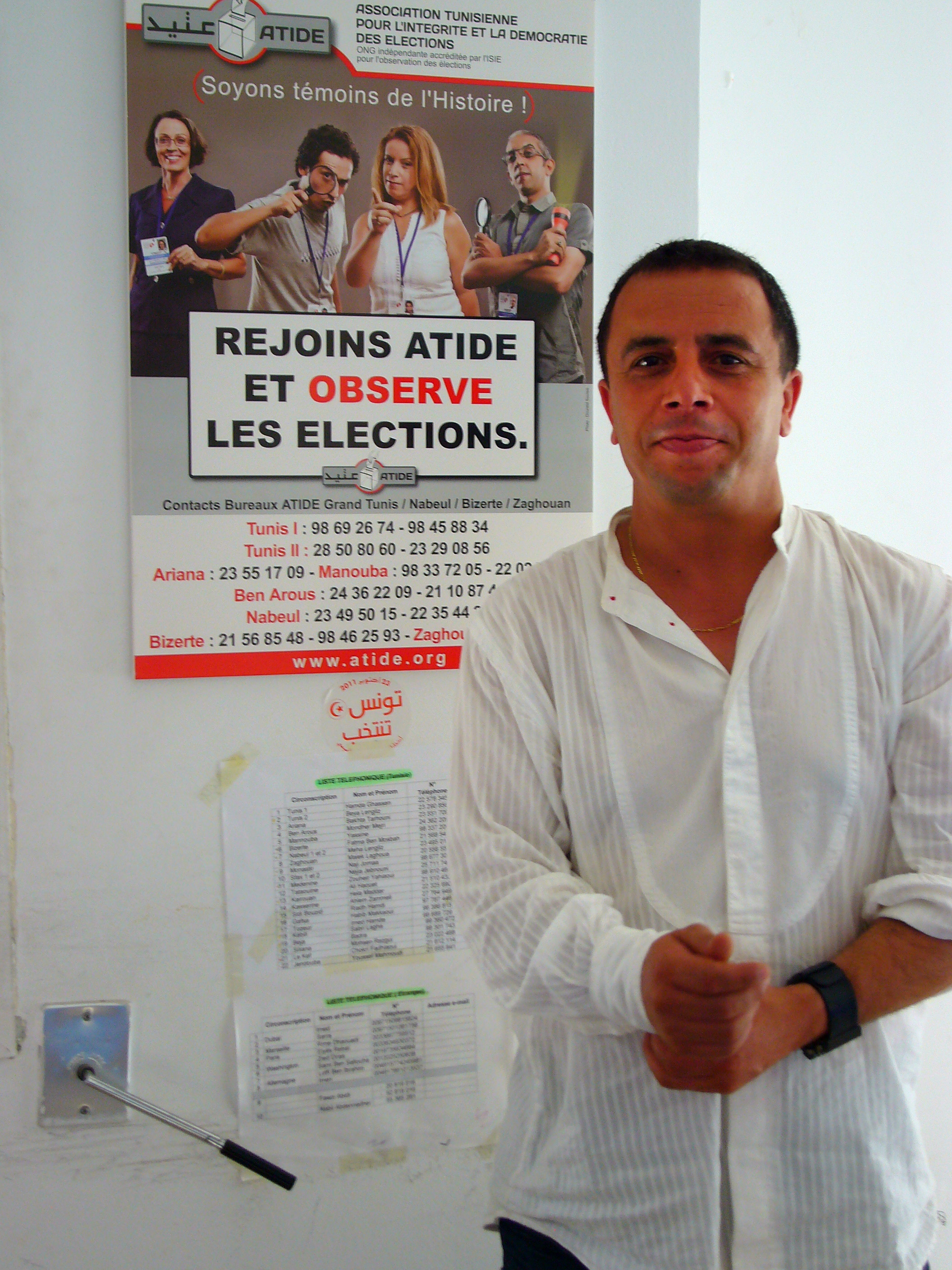
You can find an overview of ongoing debates with our journalists here. Please join us!
If you want to start a conversation about a topic raised in this article or want to report factual errors, email us at english@swissinfo.ch.